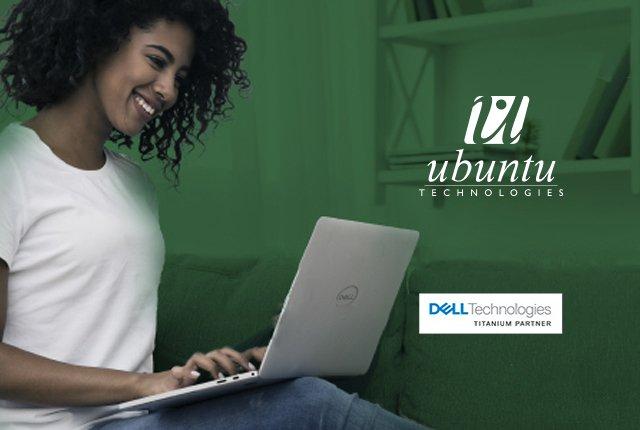
Ubuntu Technologies, Dell Technologies, and VMWare will jointly host a webinar on September 17, 2020 on how accelerated digital transformation under lockdown has comprehensively altered the end user computing environment and what it means for enterprise, public sector, small and medium business.
CIOs and other attendees will gain insights into rapidly ascending strategies shaping current and future competitive advantage.
“IT was forced to rapidly shift gears, transforming almost overnight from a support function to a strategic business function,” said Fanus Momberg, group sales manager for the public sector at Ubuntu Technologies, a Dell Technologies Platinum Partner.
Dion Visagie, partner development manager at Dell Technologies, said organisations must advance beyond the necessary activities that formed the immediate response to lockdown.
“You need a strong digital agenda because competitors have not sat idle,” he said. “Shoprite-Checkers with its 60-Sixty ecommerce service, for example, proved that quick, strategic thinking can give organisations an almost unbeatable march on their competitors.
“The ability to move quickly in ways that are relevant to the markets is underpinned by creating the supportive, digitally transformed user environments that foster agile, adaptable operations,” said Momberg.
Melisha Ramessar, director at Ubuntu Technologies, said, “Among the biggest challenges that companies face is the lack of digital culture and training. But there is often a misalignment of internal skills rather than a shortage of skills and, with the right support, it means organisations can quickly mobilise the resources they need to identify and capitalise on the market opportunities in their industries.”
Terry Elkington, lead system engineer at VMWare, said it is the unity of hardware and software technologies coupled with services such as zero-touch provisioning, continuity, availability and security that have made the greatest immediate impact and will continue to play a crucial role going forward.
“Many organisations fell victim to a number of challenges in the early days of lockdown that taught some quick, hard lessons,” he said. “The CEO of one large organisation, for example, had his laptop stolen. It highlights the key value of endpoint data and underscores the merit of restorable device images across any type of user connectivity.
“Automated, cloud-powered solutions create zero-touch service anchors that relieve IT of the burden that comes with the new scale of remote, hybrid and on-premise services they must deliver.”
“Scalability and cloud-centricity are key,” said Momberg. “IT must have real-time insights into the fleet with the capabilities to orchestrate service delivery precisely when and where it is required while simultaneously coping with factors that may be beyond their control, such as device, operating system, and connectivity. They need to be able to support, maintain and restore the business application and service environment anywhere, at any time.”
Creating a single ecosystem is crucial to success, said Dell Technologies’ Visagie.
“To transform the business, you need to have a user-first approach aligned to simplified, automated and secure IT processes,” he said.
“First and foremost, users want modern hardware that is personalised and task-centric. Secondly, they want to be able to work as soon as they turn on their system. Once powered, they want their technology to learn their preferences and optimise the performance of the device to their needs and, lastly, they want security that keeps both their corporate and personal data secure but does not get in the way of their workday. Simply put, they want their corporate devices to work just like their personal devices.”
Register here for the webinar that will take place from 9:00am to 10:00am on September 17.
This article was published in partnership with Ubuntu Technologies.


